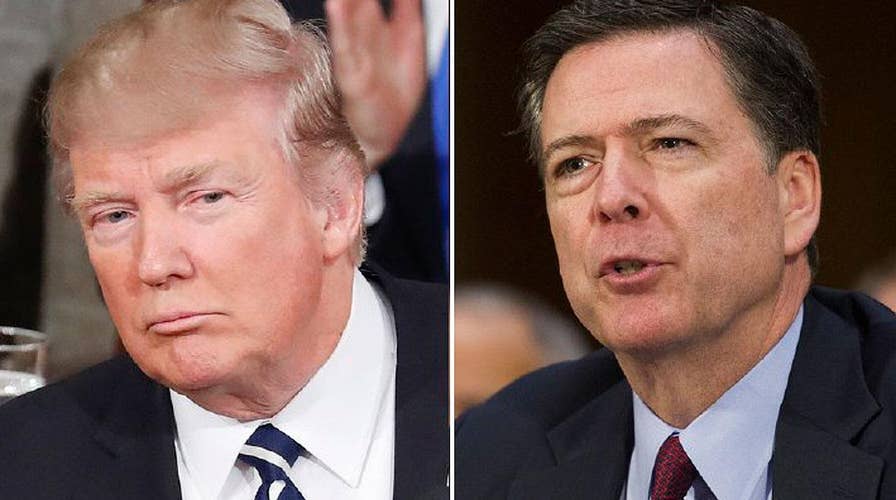Late Tuesday afternoon, President Trump fired FBI Director James Comey over the beleaguered director’s handling of the investigation into Hillary Clinton’s use of a private email server.
Testifying before the Senate Judiciary Committee last week, Director Comey suggested that long-time Clinton aide Huma Abedin regularly forwarded email messages from the Clinton server, some of which contained classified information, to her husband, former Congressman Anthony Weiner, who would subsequently print hard-copies for Abedin and Clinton’s use.
In Comey’s words, there were possibly “hundreds or thousands” of emails of this nature. However, FBI officials informed ProPublica, the independent, non-profit news organization which first cited sources asserting Comey’s inaccuracies, that Director Comey had in fact misstated Abedin’s role.
The political implications of the Comey firing and the consequences it holds for the future of the ongoing investigation into the Trump campaign’s connection to Russia are immense.
The Trump administration may have valid reasons for firing Comey. Nonetheless, with the investigation of Russia's possible complicity with the Trump campaign ongoing, Comey’s termination appears very much like the “Saturday Night Massacre” when President Nixon fired special prosecutor Archibald Cox in the midst of the Watergate investigation.
Professionally, I am no fan of Director Comey. I believe he could well have recommended that the Justice Department indict Hillary Clinton in July 2016 over her handling of her private email server.
Additionally, I believe Director Comey should not have disclosed the reopening of the email investigation in late October 2016, in light of specific evidence of possible malfeasance by Secretary Clinton and her aides.
Third, I believe Director Comey should have opened an investigation of possible links of the Trump campaign to Russia sooner.
That being said, firing Director Comey at the behest of Attorney General Jeff Sessions who has in fact had to recuse himself from the FBI’s active investigation into the Trump campaign is inappropriate and wrong.
Above all, Director Comey’s dismissal provides the Trump administration with the dubious opportunity and political cover to appoint a new FBI director.
Despite Comey’s most recent misstatements, it was his public role in the Clinton email scandal that posed the most striking questions to the President’s mandate to lead the nation.
After all, Secretary Clinton suggested just one week prior to Comey’s termination that if it were not for the Director’s October 28th letter stating that the investigation into her email server had been reopened, then she may very well be in the Oval Office today.
More importantly on the significance of the Comey firing, the Trump administration must now appoint a new FBI director at a time when the Trump campaign is under active FBI investigation for its possible links to the Russian government and state-sponsored hackers.
Put another way, President Trump may now handpick the official who oversees the bureau which is actively investigating his presidential campaign.
Of course, this establishes very steep challenges for whomever the new director may be and how he or she must thoroughly and effectively investigate the role which the United States’ foremost adversary, Russia, played in influencing the 2016 election.
Thus, the political minefield over the FBI directorship, as well as the bureau’s active investigation into Russian election meddling, will remain treacherous for the foreseeable future.

